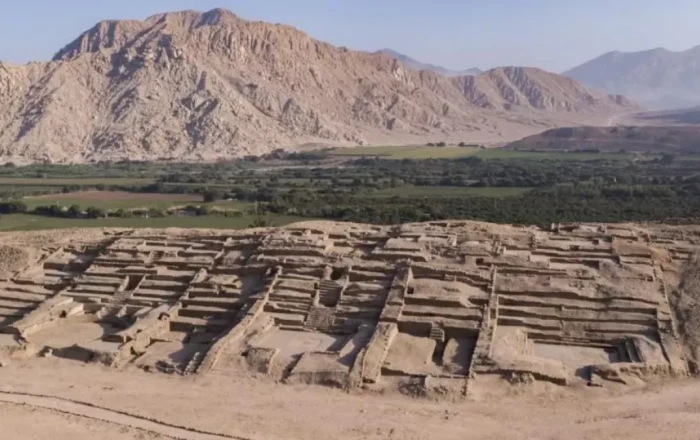BAKU, Azerbaijan, July 7. The case of Claude Jean-Pierre, which occurred in December 2020 in Guadeloupe, is not limited to the tragic death of one person. It has turned into a real can of worms, reflecting the tangled web of the relationship between France and its former colonies in the Caribbean, a clear sign of systemic discrimination and police impunity that just won't quit. The consequences of this tragedy were reflected not only in legal and social spheres but also left a deep mark in symbolic and psychological dimensions.
Jean-Pierre was 67 years old. He died in hospital several days after being detained by two police officers on December 3, 2020. The medical diagnosis (fracture of the cervical spine), recorded in hospital documents, did not match the explanations given by the police. This prompted the deceased’s family to file a complaint and attempt to publicize the case. However, the refusal to consider the complaints and indirect signals of an attempt to “cover up” the matter pointed to a deep structural problem.
A turning point in the development of events was the release of a video recording capturing the moment of Jean-Pierre’s detention. The footage shows a police officer putting a hat on him and pressing him down with his foot. This caused many to recall deeply traumatic associations with the past of slavery in former colonies such as Guadeloupe and Martinique. Such behavior is perceived not only as an act of physical violence but also as a form of historical humiliation.
It's no coincidence that this episode took a central place in the documentary film “Républi-NIAL,” released in 2024. The film examines the case not only in a legal context but also as a consequence of the colonial past. It features members of Jean-Pierre’s family, human rights activists, and deputies, who emphasize that this is not an isolated episode but a symptom of a systemic problem.
In 2023, the investigation was concluded with a decision: no one was held accountable. Moreover, one of the police officers was promoted. This decision undermines trust in the judicial system and calls into question the sincerity of the state’s position toward its colonial past. The Guadeloupean society perceives this not merely as injustice but as proof of systemic neglect toward the bodies of Black citizens.
In March 2025, the French publication Mediapart, known for its investigations, published medical reports confirming that Jean-Pierre’s death resulted from physical violence by the police. These documents not only expose the bias of the previous investigation but also demonstrate the critical role that public pressure and independent media can play in achieving legal justice.
The documentary “Républi-NIAL” aims not merely to record the death of one man. It exposes the contradictions in the relationship between the French Republic—a system that proclaims the slogans “liberty, equality, fraternity”—and ”its former and current colonies. The film presents this tragedy as a symbolic murder, the silence of the system, and its hypocrisy.
The passing of Jean-Pierre and all that comes with it is not just a personal heartache but a glaring illustration of systemic bias, the lingering shadows of colonialism, and a blatant disregard for the principle of equal treatment under the law. In Guadeloupe, this case became not just a family’s fight for justice but a moment when the entire society confronted historical pain and loudly asserted itself.
The inadequate assessment of such events from legal, social, and symbolic perspectives within French society undermines faith not only in reconciliation with the past but also in the future. On the flip side, the name Claude Jean-Pierre today in Guadeloupe is not just a name that rings a bell but has turned into a beacon of resilience.
Stay up-to-date with more news on Trend News Agency's WhatsApp channel
Source: en.trend.az












